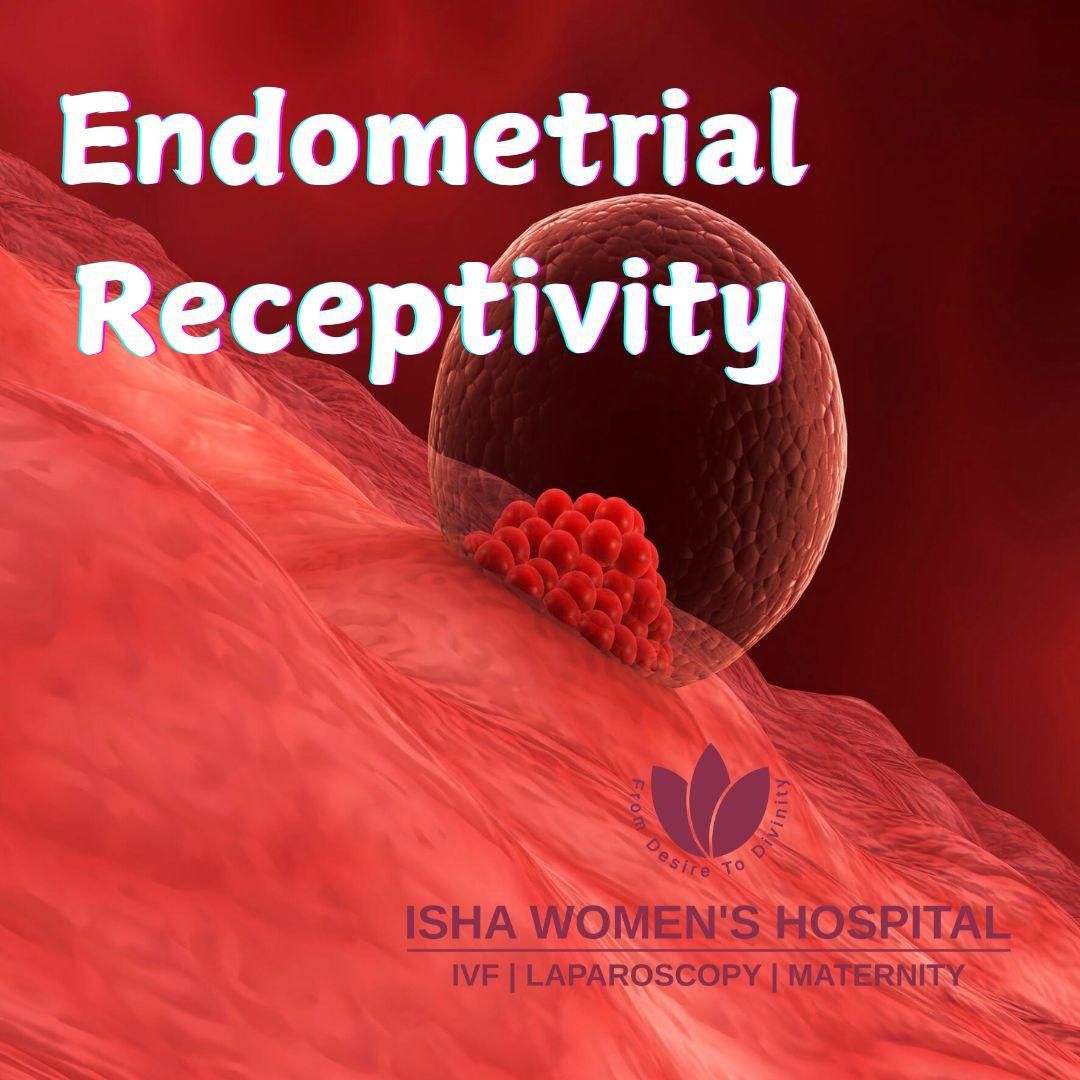Endometriosis: Symptoms, Causes & Management

What is Endometriosis?
Symptoms of Endometriosis
Common signs include:
- Pelvic pain: Often more severe during menstruation.
- Heavy menstrual bleeding: Or spotting between periods.
- Painful intercourse: Discomfort during or after sexual activity.
- Infertility: Difficulty conceiving may be the first sign for some women.
- Digestive issues: Such as bloating, constipation, or diarrhoea, especially during periods.
Diagnosis
- Medical History: A detailed discussion of symptoms, menstrual cycles, and family history.
- Pelvic Exam: A manual exam to check for abnormalities, but this can only suggest the possibility of endometriosis.
- Imaging Tests: Ultrasound scans can help detect cysts (endometriomas) or large areas of endometrial tissue.
- Laparoscopy: The gold standard for diagnosis, where a thin tube with a camera is used to view the pelvic organs directly. If endometriosis is present, biopsies may be taken for analysis.
Stages of Endometriosis
- Stage I (Minimal): Small lesions or implants are found on the pelvic organs, but there is little to no scarring or adhesions.
- Stage II (Mild): More implants are present, and some adhesions may form.
- Stage III (Moderate): Larger implants, cysts (endometriomas) on the ovaries, and more widespread adhesions.
- Stage IV (Severe): Extensive endometrial implants and cysts, along with significant scarring and adhesions that can distort pelvic organs, leading to major complications.
Treatment Options
- Medications: Pain relievers and hormonal therapies to regulate menstruation.
- Surgical interventions: Expertised Laparoscopic surgery by one of the best laparoscopic surgeons Dr Chinmay Pataki to remove endometrial implants, cysts, and scar tissue.
- Fertility treatments: For women facing infertility, assisted reproductive technologies like IVF & ICSI offer hope towards their fertility journey.
- Diet and Lifestyle Counseling: Recommendations to reduce inflammation and improve overall well-being.
Endometriosis is a manageable condition, and early intervention can make all the difference. . Contact Isha Women’s Hospital today to schedule a consultation and start your journey to better health.
Frequently Asked Questions (FAQs)
Answer: Endometriosis is a chronic gynecological condition where tissue similar to the lining of the uterus (endometrium) grows outside the uterus. This abnormal growth can cause inflammation, pain, and fertility issues. It most commonly affects the ovaries, fallopian tubes, and pelvic lining.
2. What are the common symptoms of endometriosis?
Answer: Symptoms can vary but often include:
- Painful periods (dysmenorrhea)
- Pelvic pain during or after sex
- Heavy menstrual bleeding
- Pain during bowel movements or urination
- Infertility
- Fatigue, bloating, or nausea during menstruation
3. What causes endometriosis?
Answer: The exact cause is unknown, but possible factors include:
- Retrograde menstruation (menstrual blood flows backward into the pelvis)
- Genetic predisposition
- Immune system dysfunction
- Hormonal imbalances
- Surgical scar implantation (e.g., after C-section)
4. How is endometriosis diagnosed?
Answer: Diagnosis typically involves a combination of:
- Medical history and symptom review
- Pelvic examination
- Ultrasound or MRI
- Laparoscopy (a minimally invasive surgical procedure) for definitive diagnosis
5. What are the treatment options for managing endometriosis?
Answer: Treatment depends on the severity and patient’s fertility goals, and may include:
- Pain relief (NSAIDs)
- Hormonal therapies (birth control pills, GnRH agonists, etc.)
- Laparoscopic surgery to remove endometrial tissue
- Fertility treatments if conception is a goal
- Lifestyle changes and dietary support
